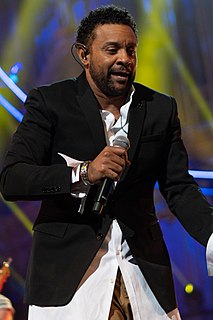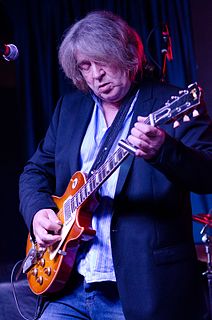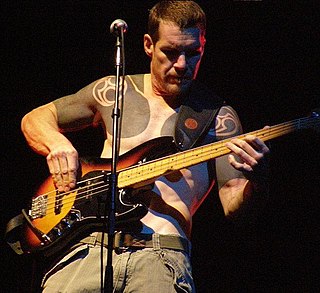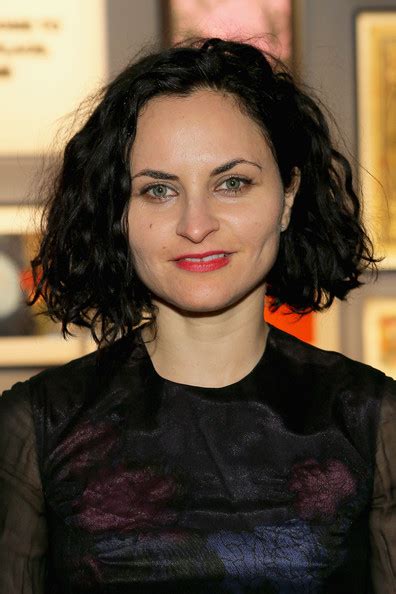A Quote by John Petrucci
Chopin was a master of melody, harmony and voice leading - the art of smoothly moving from chord to chord.
Related Quotes
Instead of thinking in terms of chords, I think of voice-leading; that is, melody line and bass line, and where the bass line goes. If you do that, you'll have the right chord. [These voices] will give you some alternatives, and you can play those different alternatives to hear which one suits your ear. Keep the bass line moving so you don't stay in one spot: if you have an interesting bass line and you roll it against the melody, the chords are going to come out right.
After a while, another voice said: One, two, three, four- And the universe came into being. It was wrong to call it a big bang. That would just be noise, and all that noise could create is more noise and a cosmos full of random particles. Matter exploded into being, apparently as chaos, but in fact as a chord. The ultimate power chord.

































